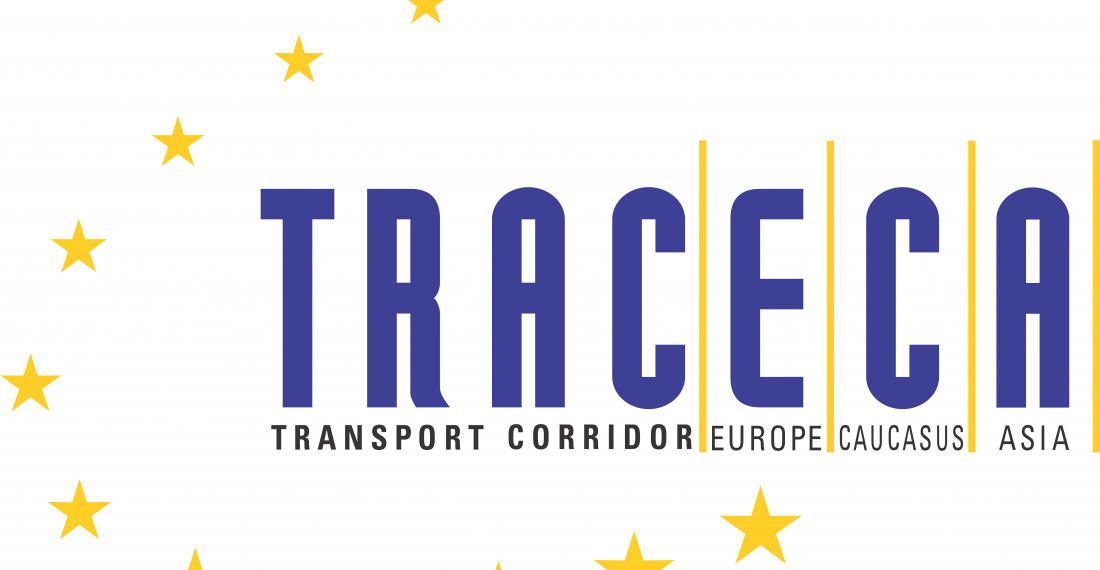The Inter-Governmental Commission TRACECA is a regional framework bringing together 13 countries aimed at facilitating transport on the West-East corridor Europe-Caucasus-Asia. Initially TRACECA was an initiative of the European Union, working with the emerging post-Soviet states of the Caucasus and Central Asia. But towards the end of the 1990s, the EU encouraged the local partners to take ownership of TRACECA, which they did in 1998 when they established the Inter-Governmental Commission (IGC).
IGC TRACECA now has thirteen members: Azerbaijan, Armenia, Bulgaria, Georgia, Iran, Kazakhstan, Kyrgyzstan, Moldova, Romania, Tajikistan, Turkey, Ukraine and Uzbekistan. They are each represented on the Permanent Secretariat by the National Secretary; and the Secretariat, based in Baku, is led by a Secretary General. Currently the incumbent is Asset Assavbayev from Kazakhstan, who took up the post in 2019. Assavbayev has brought a new energy to the Secretariat, and has helped crystallise TRACECA's ambitions for the future.
Speaking in an exclusive interview with commonspace.eu, Assavbayev said that “the main goal of TRACECA is to create an international transport corridor that meets the requirements of the 21st century, and therefore is competitive both in terms of transportation cost and delivery time.” This is easier said than done given the complex geopolitics of the region, the diversity of the countries involved, and unexpected challenges, such as the COVID-19 pandemic.
Responding to the pandemic, IGC TRACECA has worked on "Harmonized Conditions for the Carriage of Goods Under the Spread of the Coronavirus Infection (COVID-19) Pandemic". Assavbayev said this is an example of how TRACECA can move speedily to address new challenges and opportunities.
Read commonspace.eu's full interview with Mr Asset Assavbayev, Secretary General of IGC TRACECA
Whilst IGC TRACECA has existed for two decades and has already made a useful contribution to the connectivity Europe-Caucasus-Asia, changing regional circumstances mean that TRACECA is poised to play an increasingly important role in the future.
The discussions following the signing of the 10 November trilateral declaration that ended the 44-day Karabakh War have focused minds on the prospect of opening up the transport corridors in the South Caucasus. If this were to happen, road and rail transport from Europe to Asia could be dramatically improved. The IGC TRACECA Secretariat is carefully studying the situation to support the initiatives of the member countries in this regard.
This is also an important time for TRACECA given the process of reform ongoing in a number of Central Asian countries. There is an increasing commitment on the part of the European Union to solidify its relations with the countries of the South Caucasus, with whom it has close relations and which form part of the EU’s Eastern Partnership framework; and the countries of Central Asia, with whom the European Union also has long standing co-operation agreements, but where it is felt that much more can be done in the future. An Enhanced Partnership and Co-operation agreement between the EU and Kazakhstan entered into force in 2020.
In its strategy for Central Asia, adopted by the European Council in 2019, the European Union recognises connectivity as one of the key pillars of its approach to the region:
The development of Euro-Asian connectivity has the potential to bring significant benefits to Central Asia through better infrastructure, economic diversification and integration in regional and global value chains. The EU has a strong interest in the development of functioning trade corridors between Europe and Asia as well as in ensuring that connectivity develops in a sustainable, open, inclusive and rules-based way, thus creating a suitable environment for sustainable investment and a level playing field for business in Central Asia.
So whilst the topics on which IGC TRACECA works on are often highly technical, the context in which it is working in is highly political. This means more political support is needed to ensure TRACECA’s work succeeds. Here, the European Union needs to be doing much more. TRACECA is a child of the EU’s ambition to be a global player. The EU should not forget, nor ignore, nor sideline, TRACECA’s work. Instead it should recognise that TRACECA has shown it is resilient and adaptable. The next phase of EU-IGC TRACECA co-operation must therefore be more strategic, and more ambitious.







